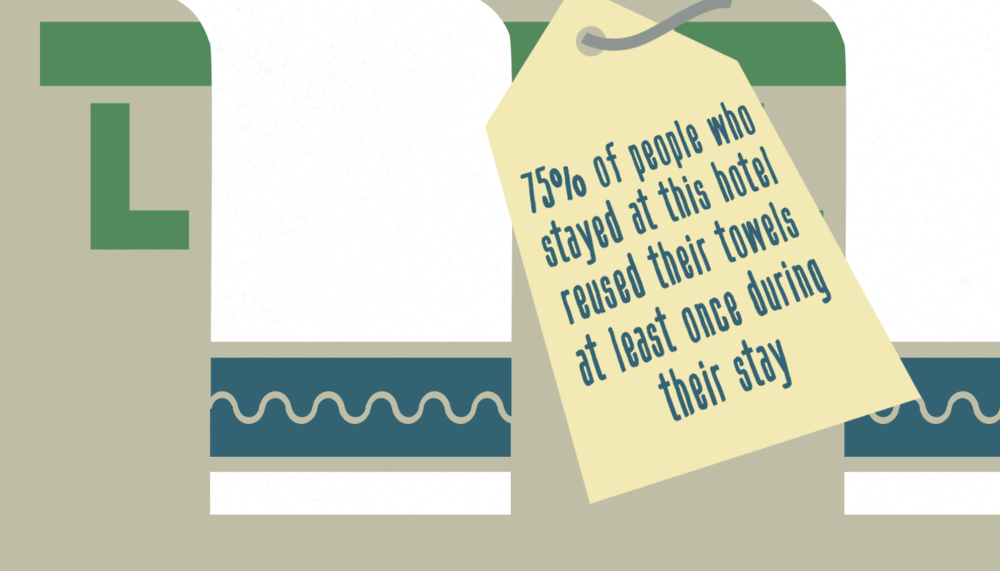Why it's often good to book a holiday following a terrorist attack
As human beings we are subject to a number of heuristics and biases that influence our behaviour. One of those is known as "recency bias".
My dad had an unusual approach to booking family holidays.
He wouldn’t plan anything too far in advance. Sometimes he would read in the news about an disaster, wherever that place was we’d likely be going.
Take the Christmas holidays of 1997 for example when we travelled to Egypt.
Leaving a cold, grey and wet London to travel to the warmth and spectacular monuments of Egypt doesn’t sound like too much of a cross to bear I hear you say. However, it was less than a month after an attack at Luxor.
Taken at face value this seems like sheer lunacy.
With the benefit of a moment or two's reflection though, it can be seen as something quite brilliantly logical.
Organising a family holiday to where there has recently been a terrorist attack can sometimes be a great idea for the following reasons:
1. It’s cheap. In fact, you probably won’t ever find a better deal.
2. The chances of another attack happening in such quick succession are incredibly unlikely. Even less likely than the likelihood of the attack itself in fact. (more people die falling out of bed every morning than die in terrorist attacks)
3. There are few other people doing the same thing so you have the place to yourself. No queuing up for photo ops, waiting patiently for taxis or having to get up early to reserve a spot by the pool.
We ended up having a wonderful time even if the Sphinx is a bit of let down in real life as it seems impossibly small compared to how it looks on film or in pictures.
It’s only many years later that I realised my dad was somehow overriding his ‘recency bias’.
‘Recency bias’ is the phenomenon whereby we place greater importance on things that have occurred recently versus events that occurred further in the past.
A good example is that people's average driving speed reduces after witnessing a crash, however a day later on the same stretch of road they will drive faster.
In turns out there are a multitude of theses biases and heuristics that we’re susceptible to and that guide our decision making.
Two famous psychologists Daniel Kahneman and Amos Tversky figured this out and helped to spawn the fascinating field of Behavioural Economics.
It’s essentially the study of why we really behave the way we do. It examines all of the idiosyncrasies of human behaviour.
If you’re interested in this type of stuff you can take OgilvyChange's advertising guru, TED speaker and Spectator magazine columnist Rory Sutherland’s course in Behavioural Economics by going to 42courses.com/behavioural-economics.
(Enter the code ‘recency’ to receive a surprise)
If not, you can get on with booking your next family holiday....






